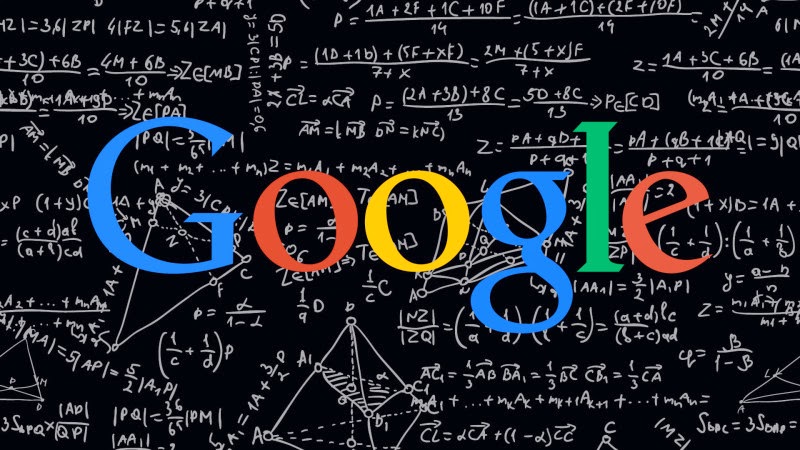 In a Google+ post from Google head of search Amit Singhal, Google shares they have made “more than 890 improvements to Google Search last year alone.”
In a Google+ post from Google head of search Amit Singhal, Google shares they have made “more than 890 improvements to Google Search last year alone.”In 2009, Google told us they made between 350 to 400 changes to search and in 2010, they said they made 550 improvements to search in the past year. Google’s Matt Cutts said in a video in 2010 they make one change per day to their core search algorithm. We also know Google tests hundreds of changes in a day but only some of them make the light of day.
The 890 “improvements” Amit is talking about is search specific, but goes well beyond algorithms. It includes user interface changes, auto-complete, Google Now and much more.
Amit also shares his “10 biggest Google search milestones since 2004,” as a way to look back at the 10-year anniversary of the Google IPO. Here is Amit’s list:
1. Autocomplete: We built a way for Google to predict the most likely useful words and phrases as you type, and even load search results instantly—so you can quickly get to that perfect recipe for “silky gingered zucchini soup” (even if you can’t remember the dish’s whole name). Typing out a whole phrase feels archaic.
2. Translations: Google Translate was barely a beta product ten years ago. Today people use it in 80 languages to do over a billion translations a day. Just tell Google to “translate 10 years into German” and see this magic in action.
3. Directions and traffic: Search used to be just about webpages, but our amazing Maps team made it possible to search the real world too. Now you can ask, “How far is it to Santa Cruz?” and with one tap you can open walking, biking, public transit, or driving directions—with the fastest route so you avoid traffic.
4. Universal search: Sometimes the best answer isn’t just text—if you’re asking about JFK’s “Moon Speech,” you probably want to watch John F. Kennedy deliver his famous speech. We’ve made that possible, blending different types of results so you get the most relevant info, no matter the format.
5. Mobile and new screens: No matter what device or platform you may be on, whether it’s a tablet or a smartphone (or even a watch!), you need information and answers. So we’ve adapted Search to all these new devices. This includes redesigning our mobile products to help those who weren’t born with the fastest typing thumbs!
6. Voice search: Gone are the days of typing queries as clunky keywords—you can now ask questions by voice in the Google Search app. Instead of typing [weather chicago], just say “Ok Google, will I need an umbrella tomorrow?” We’ve INVESTED years of research into speech recognition and natural language understanding, and voice search works in 38 languages today.
7. Actions: With the Google Search app you can quickly text, email or call someone without digging and typing. Just say: “Ok Google, send an email to Jason: do you guys want to go to the beach with us for a picnic this Saturday?” You can even set sophisticated reminders like “Remind me to pick up coffee filters next time I’m at Target,” and Google will buzz your phone when you get to any Target.
8. The Knowledge Graph: The world is made of real things, not just text strings. So we built the Knowledge Graph to show how things are connected—ask “How tall do you have to be to ride the Cyclone?” or “Who’s in the cast of Guardians of the Galaxy?”, and then click to explore across the web.
9. Info just for you: If you’ve got a flight reservation saved in your Gmail, you can ask the Google Search app, “What gate does my flight leave from?” and get the answer directly. You can also ask about shipments (“Where’s my package?”) or for appointments (“When do I have yoga?”). All this is private of course, visible just to you.
10. Answers before you have to ask: If you have the Google Search app on your phone, you’ll get automatic help with everyday tasks. Google can automatically show you your plane, bus, and train reservations right when you need them; warnings when traffic is bad to your next appointment; reminders of bills coming due; a best guess at the last spot you parked; and much more
No comments:
Post a Comment